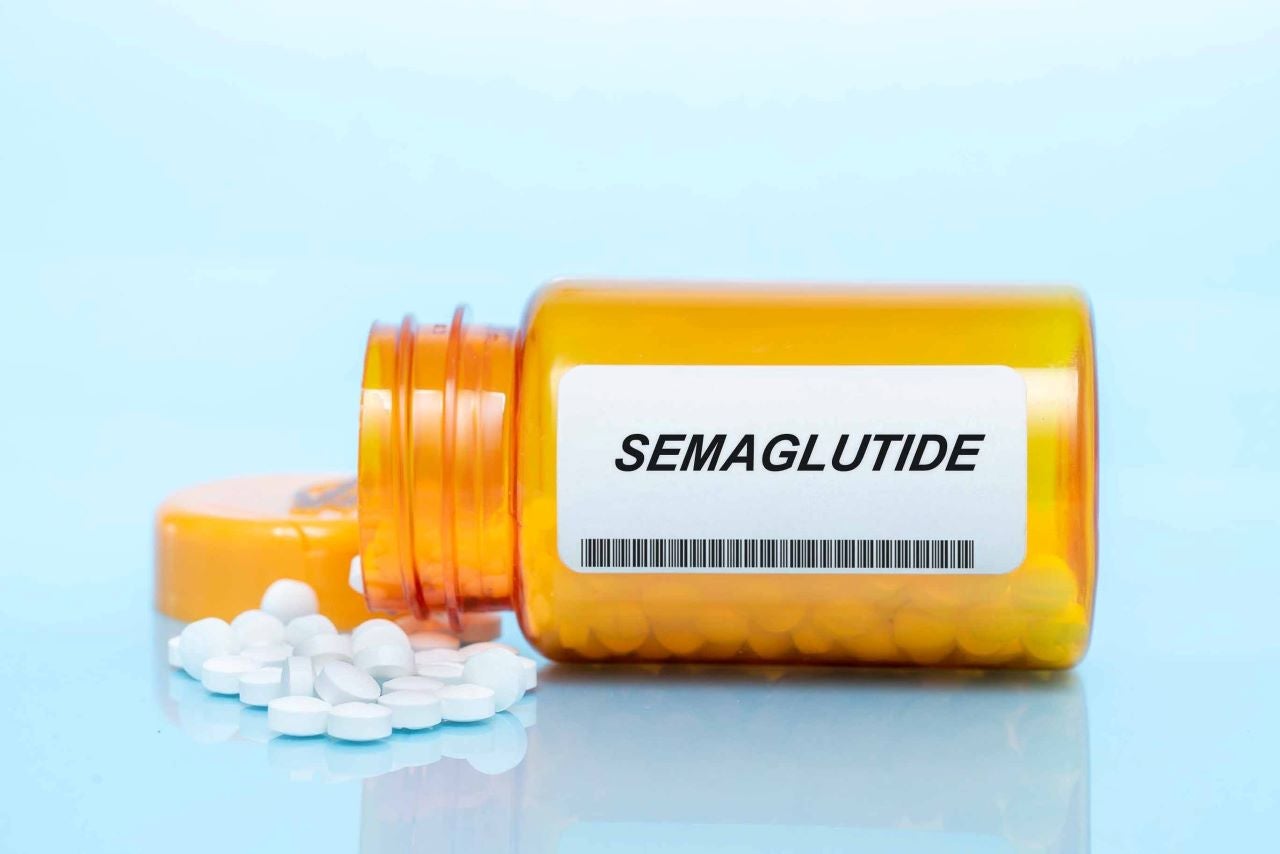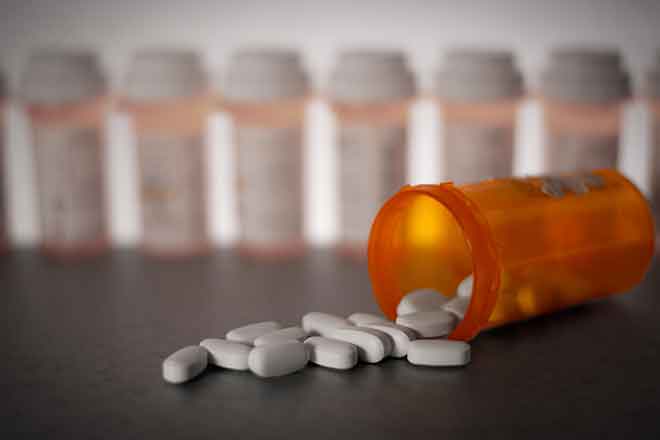Depression and the abuse of substance are two different illnesses that affect a significant portion of the world population. The World Health Organization recognized depression as a common type of mental disorder that affects over 300 million people. It’s one of the major causes of disability affecting a person’s performance in school, work and in the family.
Meanwhile, the National Survey on Drug Use and Health in 2017 showed alarming figures on the abuse of substances. The US has recorded 140.6 million alcohol users aged 12 and above. There were also 16.7 million heavy alcohol drinkers in the past month, and there were 66.6 million binge drinkers in the past month.
For illegal drug use, the 2017 NSDUH recorded 30.5 million people, who are 12 years old and above, have used illicit drugs in the past month (30 days). That figure would translate to 11.2 percent or one in every nine Americans.
The National Comorbidity Survey shows that substance disorder, anxiety disorders, and mood disorders are among the most prevalent 12-month disease classes and the most prevalent lifetime disorders. Substance disorders and mood disorders frequently occur together and are linked together that doctors have a name for this. When both illnesses are experienced by the patient, it is often referred to as comorbidity. Data from the Anxiety and Depression Association of America shows that around 20 percent of Americans who have mood disorders also have a substance use disorder. Furthermore, about 20 percent of Americans with alcohol and substance use disorder also have mood disorders.
Depression or Substance Abuse: Which Comes First?
A lot of people who suffer from substance abuse and mental health disorders such as depression experience them independently, however, this can occur together and become a vicious cycle. But which comes first exactly?
From the various reports and researches published by scientists, institutes, and agencies, we have found out that substance abuse can lead to depression, anxiety, and other mental health illnesses. Withdrawal from these substances can also include symptoms such as depression, anxiety, and other mental health disorders. However, mental health disorders don’t really cause addiction per se, but certain mental health disorders, especially those that are not diagnosed and treated quickly, can trigger an individual’s use of drugs and or alcohol.
Substance abuse and mental health disorders can develop from various factors, with their own different symptoms and causes. Whatever the case and which comes first, both illnesses must be addressed and treated simultaneously to allow a person to fully recover.
The Problem with Self-Medication
The biggest problem which connects substance abuse with mental health disorders such as depression is an individual’s choice and intention to self-medicate. They may opt to consume and use drugs and alcohol to relieve the uncomfortable and disruptive symptoms of the mental health disorders they are experiencing.
For instance:
- A person who is suffering from anxiety consumes alcohol or marijuana to feel more comfortable in public or social situations.
2. A person who is suffering from depression uses cigarettes, drinks alcohol, or takes marijuana and drugs such as opioids, stimulants, and some club drugs that causes euphoria.
3. A person who doesn’t have any motivation consumes alcohol, cocaine, meth, and some inhalants for some stimulation
4. A person who doesn’t have energy consumed antidepressants such as Adderall, cocaine, and meth to increase alertness, energy, and attention.
5. A person who struggles with panic attacks uses medications such as benzodiazepines like Alprazolam, Clonazepam, Valium, or Xanax to help in decreasing the intensity of panic attacks, calm a person, or help stop the attacks before they even start.
6. A person suffering from physical pain uses opioid pain relievers and marijuana to numb the pain.
Unfortunately, the reality is that most of the time these substances only make the symptoms worse or even trigger new ones in the long run.
Although the use of some of these substances are legal in some states and are prescribed by doctors to help in relieving some symptoms and illnesses, there are still a huge number of cases that result to the abuse and misuse of these substances due to self-medication, misuse, and irresponsible prescription from authorities.
The Centers for Disease Control and Prevention reports that 2.2 percent estimated to be about 6,060,000 people aged 12 and older have misused prescription tranquilizers in the past year. Around 0.6 percent estimated to be about 1,531,000 people aged 12 and older, on the other hand, were reported to have misused prescription sedatives. An estimated 11,517,000 or 4.3 percent of people aged 12 and older have also be reported to have misused prescription pain relievers.
As reported by the National Bureau of Economic Research, a distinct connection between mental disorders as well as substance use disorders has been found. It has been reported that patients who are suffering from mental illnesses roughly use about 38 percent of all alcoholic beverages, 40 percent of all cigarettes, and 44 percent of all cocaine. Additionally, individuals who have experienced mental health disorders at some point in their lives use about 69 percent of all alcoholic beverages, 68 percent of all cigarettes, and 84 percent of all cocaine.
One Can Trigger the Other
There is no clear distinction of whether substance abuse is caused by mental health disorder, like depression. However, a study was published by the Journal of Clinical Psychiatry in 2013, which shows that depression may lead to alcohol dependence. Also, abuse of substances like alcohol and drugs can cause problems which could trigger mental health disorder.
One example is a person having delusions while under the influence of too much alcohol or drugs. Both the condition of substance abuse and depression shares certain triggers which include:
- The brain – Both substance abuse and depression affect similar parts of the brain. For instance, substance abuse affects the areas of the brain which handles responses to stress and at the same time those same areas are also affected by some mental health disorders.
- Genetics – A research published in 2012 which studied the KPNA3 gene variation suggests that the DNA in an individual’s body can be linked to the chance of a person developing substance abuse disorders and mental health disorders such as major depression, schizophrenia, PTSD, alcohol dependence, opiate dependence, and other psychiatric disorders. An individual’s certain genetic factors also increase the chance of developing one disorder once the other has appeared such as with comorbidity.
- Developmental problems – Another triggering condition shared between substance abuse and depression is developmental problems. It shows the occurrence of cause when the other one is triggered and vice versa. For instance, substance and drug abuse could lead to the impedance of brain development which could then cause mental illness. Likewise, developing mental illness or depression could lead a person to resort in drug and substance abuse.
Symptoms of Depression and Substance Abuse
Diagnosing comorbidities or co-occurring disorders can be difficult since the symptoms are complex and the degree of the illnesses may vary in severity. As such, the symptoms of depression and substance abuse are alike in that it can be confusing where one illness starts and the other one ends. Some of their similar symptoms include:
- Anger, hostility, or irritability
2. Easily agitated
3. Restless
4. Feeling hopeless, helpless, and empty
5. Feelings of guilt and despair
6. Lack of motivation and enthusiasm in life
7. Lack of interest in a lot of things including activities and hobbies that were once enjoyed
8. Pulling away from family, friends, and loved ones
9. Spending most of the time in solitary
10. Recurrent thoughts of death and suicide
11. Dramatic weight loss or weight gain
12. Difficulty in concentrating, remembering, and thinking
13. Chronic aches as well as pains
14. Unconcerned about the appearance and hygiene
15. Changes in sleeping habits as well as eating habits
Both mental health disorders and substance abuse disorders have psychological, biological, and social elements. Because of this, there are a lot of times that patients only receive treatment for one illness while the other remains untreated. Other times, the reason is due to inadequate screening, overlapping of the symptoms, or the need for other health issues to be addressed first. Whatever the case is, having an undiagnosed, untreated, or undertreated comorbidity or co-occurring disorders may increase the patient’s risk of medical illnesses, suicide, or even death.
The Importance of Simultaneous Treatment
Proper and effective treatment is required for a patient to successfully recover from their illnesses. This means that a patient suffering from both substance abuse and mental health disorders such as addiction to alcohol and depression should receive treatment that will address all the problems that the patient is facing.
If only one condition is treated, then the patient may relapse from their addiction or mental health disorder and will be less likely to get well until they receive proper and complete treatment for all disorders. Those with untreated mental health disorders can have trouble staying sober and clean. Those with untreated substance abuse disorder can have trouble with the effectiveness of mental health treatment.
There are several different ways to simultaneously treat mental health disorder and substance abuse. Treatment for depression and substance abuse usually involves a combination of detoxification, psychotherapy, cognitive-behavior therapy, medication, group and family counseling, a support group, and many more. Of course, each patient is different and may suffer from different disorders that have varying severity. Proper screening, therefore, is important to deliver the correct and effective treatment unique for each individual.





